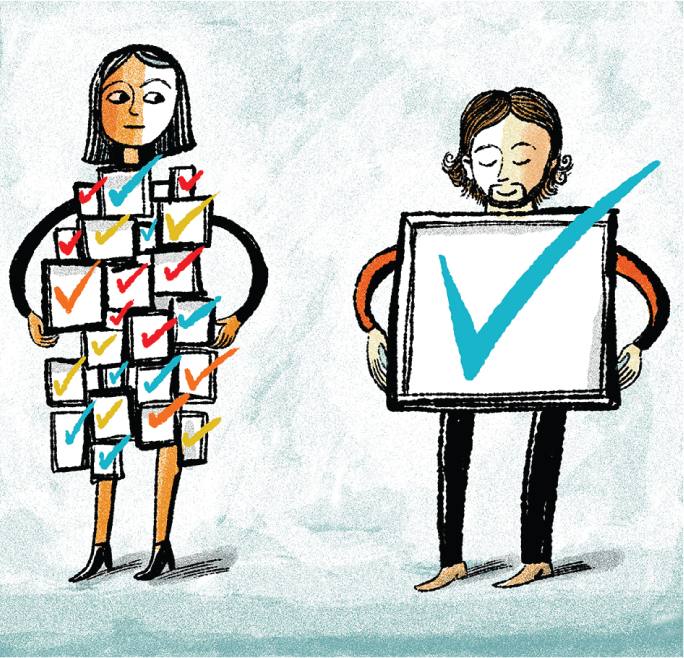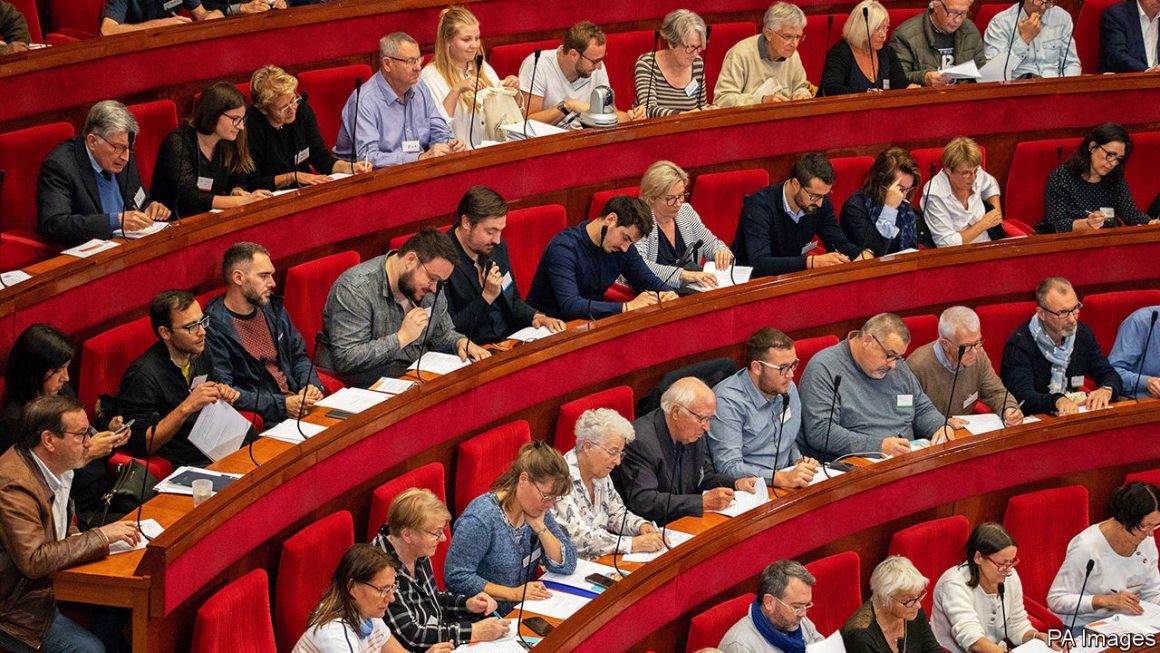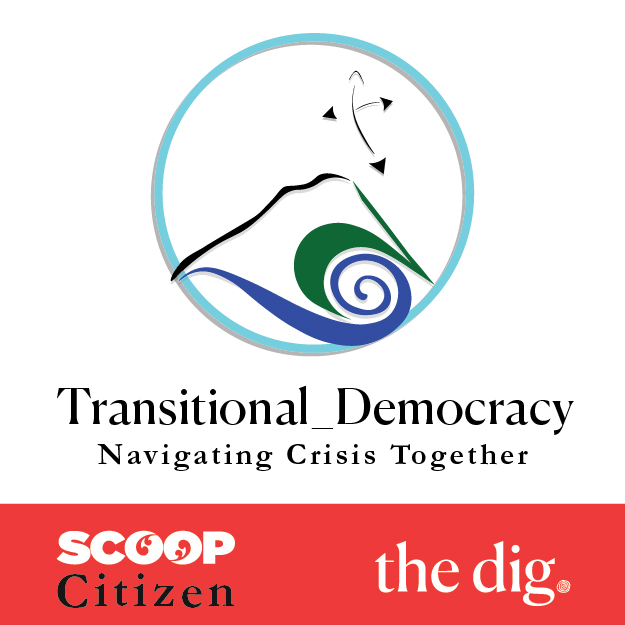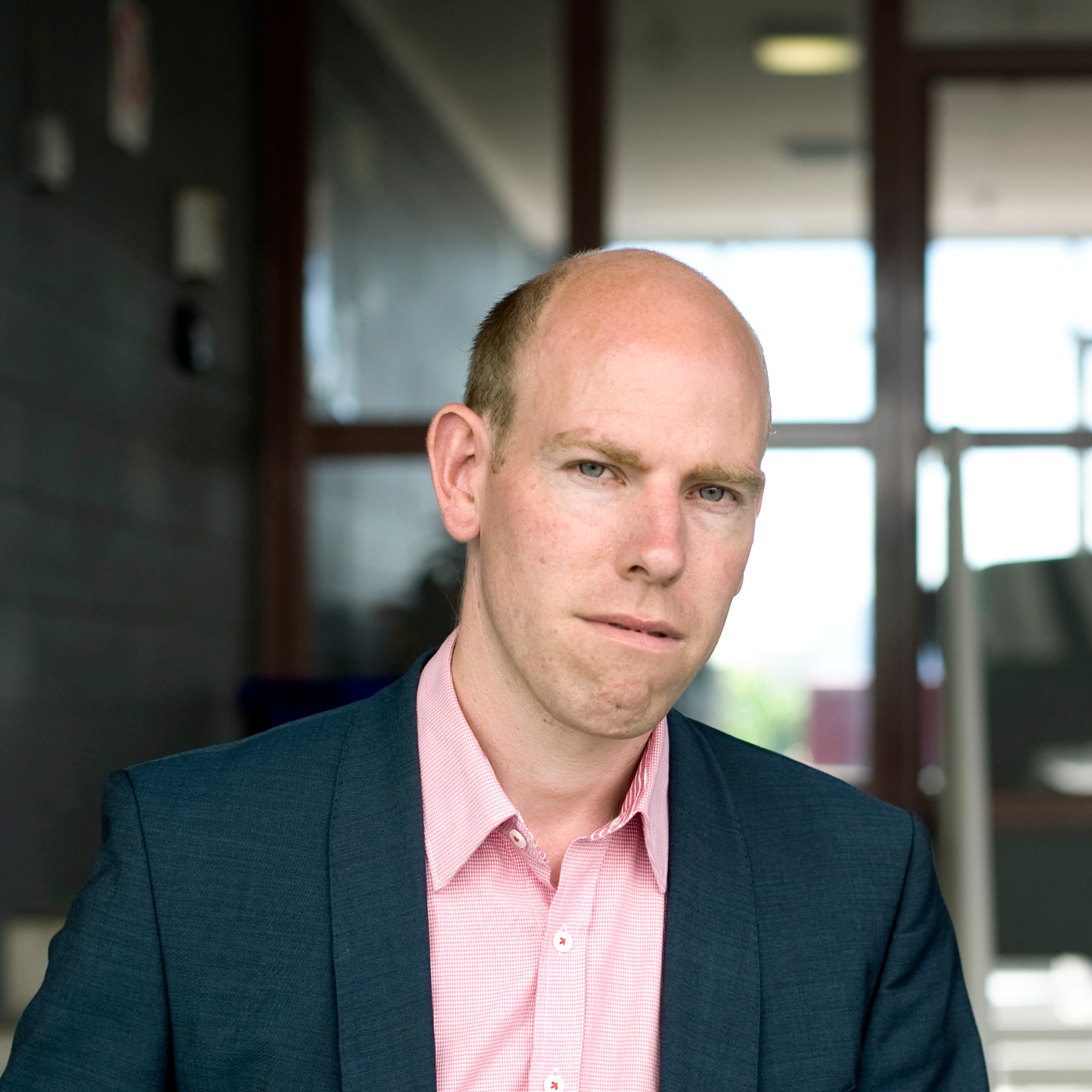Imagine a twenty-first century piece of software trying to run on a twentieth-century computer, and you have a fair picture of the New Zealand democratic system.
We live in a world of greatly expanded human potential, and expectation. People are so much more literate, and have access to so much more information, than they did a century ago. Younger generations in particular are much less deferential to authority; they have much greater expectations of being involved in decisions that affect them. Most of us receive from private companies an unprecedented level of personalised service – online, just in time, targeted, responsive.
Yet our democratic systems have not caught up. They are not deeply responsive to our voice as citizens in the same way that markets (often) are to our choices as consumers. They rely too heavily on elected representatives to take decisions on our behalf, when we are clearly capable of taking more of them directly ourselves, or at least being more deeply engaged in the process.

Our ‘involvement’ often consists of little more than filling out boxes in consultations about decisions that have already been made. Very little is done to bring citizens together to discuss issues intelligently, to bring to the surface the wisdom of the crowd in a way that might directly influence politics.
Our systems are also inadequate to Māori demands for sovereignty. Māori thinkers are arguing with increasing force that twentieth-century institutions – the Waitangi Tribunal, greater consultation by the Crown, and so on – are equally inadequate to the task of ensuring they exercise tino rangatiratanga, or genuine sovereignty over their affairs. These institutions do not genuinely transfer power and control over key decisions.

Protester with the Tino Rangatiratanga flag at a protest hikoi against the foreshore and seabed bill in 2004. Wikiwand
For all that, a new democratic world is being born – albeit largely in the minds of intellectuals rather than in concrete reality. The Matike Mai project, led by Moana Jackson and Margaret Mutu between 2010 and 2015, looked at the constitutional arrangements needed to genuinely honour Te Tiriti. It suggested we might need three ‘spheres’ of governance: a rangatiratanga sphere where Māori make decisions for Māori, a kāwanatanga sphere where the Crown in Parliament makes decisions for Pākehā, and a relational sphere to govern how these two peoples work together on joint issues.
Ideas for reinvigorating Pākehā government, meanwhile, abound. Local councils could engage in participatory budgeting, putting up a proportion of their new capital spending budget for residents to discuss deeply – whether in person or online – and then allocate themselves. Government could create deeply democratic forums online, using software like Loomio or Polis, to allow citizens to rapidly respond to events and find consensus policies to implement. This isn’t a pipe dream: it already happens in Taiwan and elsewhere.
Government could also follow a Finnish model and create a site where anyone can suggest a new law that, if it receives 50,000 signatures, goes before Parliament to be debated just like a Member’s Bill. Government could also get on the rising wave of global citizens assemblies, forums in which a representative group of ordinary citizens are brought together to discuss issues deeply without partisan divides, reflect on the evidence, and come up with consensus solutions. France has just held – and promised to implement the recommendations of – such an assembly on climate change.

Participants in the French Citizens Assembly on Climate Change
All these forums would, of course, have to be adapted to fit local conditions and respect tino rangatiratanga. But their potential to support a form of democracy fit for the twenty-first century is enormous. Under an overarching approach that guarantees Māori sovereignty, we could augment our current representative democracy with a kind of democracy that is both participatory and deliberative – based, that is, on deep discussion among citizens.
Sadly, though, such an approach seems a long way out of reach. We are close to a general election, but our political parties have shown little sign of understanding the need to do politics differently. The Māori Party may be demanding that, for instance, one-quarter of all government project funding in the next two years be directed to Māori organisations. But it looks unlikely to make it into power, and the major parties are silent on such approaches.
A similar fate probably awaits TOP, which continues to promote its 2017 ‘Democracy Reset’, a package that includes a new Upper House of Parliament with equal Māori-Pākehā representation and a commitment to use “collaborative software, participatory budgeting and citizen’s juries/assemblies”. These are all exciting ideas, but the party is currently struggling to break 1% in the polls, let alone 5%.
The Green Party, meanwhile, is promising a Crown response to the Matike Mai report, “including the goal of constitutional transformation by 2040”. It wants to set up a citizens’ assembly to determine how political donations – a major threat to the integrity of the New Zealand political system – should be regulated. And it would provide “greater transparency” about political lobbying and remove barriers to the establishment of Māori electoral wards. All of which is laudable, and necessary – but even supposing the Greens get to be in government again, what chance do they have a getting these pledges into a coalition agreement with a conservatively-minded Labour Party?
After all, we cannot necessarily look to Labour, or its major counterpart National, for good policy in this area – or in some cases any policy at all. As has been widely debated in recent days, we run the risk of a policy-free or at least policy-light election. Admittedly, National has already promised more roads and greater incentives for small businesses, while Labour has started to make announcements following its campaign launch last weekend. But if there is to be relatively little policy released beyond those meagre offerings, it is highly unlikely that anything significant will be said on doing democracy differently, a subject that has seldom been a priority for a major New Zealand political party.
There are occasional flashes of hope. Although participatory democracy can be a hard sell, because it involves politicians giving up some power in the short-term in order to gain trust long-term, open government – which involves handing over information, not decision-making rights – can be easier to do. Accordingly, Andrew Little has recently promised that Labour would, if re-elected, rewrite the Official Information Act, a long-overdue reform. He has, however, given few details about how this would work and whether the public would – as befits an open government law – be deeply involved. The Green Party, which has likewise promised to “reform” the act, might be able to guarantee that this is so. But as yet we have no certainty.
And it is striking that even the Greens, the party most committed to open government, has not put at the heart of its programme a commitment to doing politics differently, focusing instead on more obvious bread-and-butter issues such as rivers and climate change. In one sense this is understandable: debates about participatory budgeting and information laws may be of great interest to policy wonks while barely registering with ordinary voters.
But there is also plenty of global evidence that many people are what political scientists call valence voters – that is, they vote not so much on a party’s promises as their assessment of that party’s character, integrity and ability to deliver said promises. Pledges to do politics differently – by making it more transparent and more open to citizens’ direct participation – have a strong potential appeal to such voters. (Providing, of course, that the pledges are carried out.) Other parties globally – such as Brazil’s Workers Party, which kickstarted participatory budgeting – have reaped the rewards of a platform based around doing politics differently. In New Zealand, for the most part, that opportunity sits neglected.
Here are some questions from Max Rashbrooke directed at the political parties of Aotearoa, NZ on the issue of Transitional Democracy:
- Will you commit to constitutional reform, along the lines envisaged by Matike Mai, by 2040?
- Will you commit to creating an Open Government Partnership (OGP) Action Plan substantially more ambitious than the previous ones?
- Will you commit to a comprehensive review of participation in the political process in your next term?
- Will you commit to a comprehensive overhaul of the Electoral Act?
- Will you commit to a comprehensive overhaul of the Official Information Act?
- Will you commit to holding at least one citizens assembly in the next term?

ScoopCitizen is walking the walk on this participatory democracy through the Transitional Democracy series and our partnership with NextElection in the lead up to the 2020 election. To find out what we mean by Transitional Democracy, please read this introductory piece.
Sign up to ScoopCitizen now to comment and participate as we develop the conversation on Transitional Democracy in Aotearoa.
Please support us to expand this conversation with a one-off or regular donation to ScoopCitizen via Press Patron. All funds raised will go towards bringing on more great journalists to cover our CitizenDesks on this issue.



 Ian Powell: Trumpian Health Leadership
Ian Powell: Trumpian Health Leadership Eugene Doyle: Disruption - Historians Challenge Russophobic Propaganda
Eugene Doyle: Disruption - Historians Challenge Russophobic Propaganda Ramzy Baroud: War, Doublethink, And The Struggle For Survival - Geopolitics Of The Gaza Genocide
Ramzy Baroud: War, Doublethink, And The Struggle For Survival - Geopolitics Of The Gaza Genocide Binoy Kampmark: Authoritarian Politics - Netanyahu’s War On Israeli Institutions
Binoy Kampmark: Authoritarian Politics - Netanyahu’s War On Israeli Institutions Keith Rankin: Learning The Correct Lessons From World War Two In Europe
Keith Rankin: Learning The Correct Lessons From World War Two In Europe Ramzy Baroud: Arab Failures - The Unspoken Complicity In Israel's Genocide
Ramzy Baroud: Arab Failures - The Unspoken Complicity In Israel's Genocide